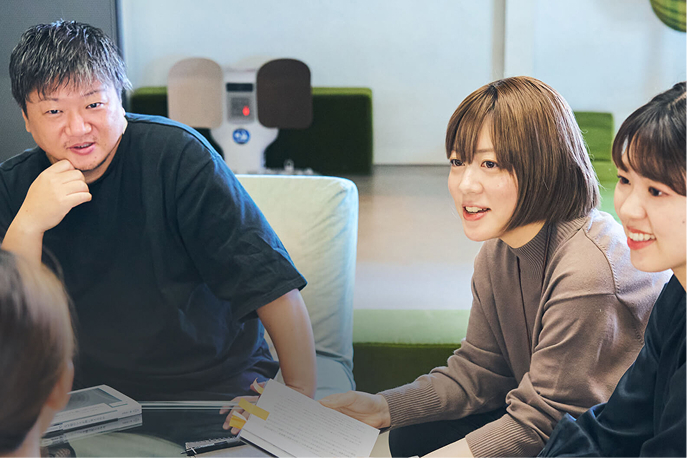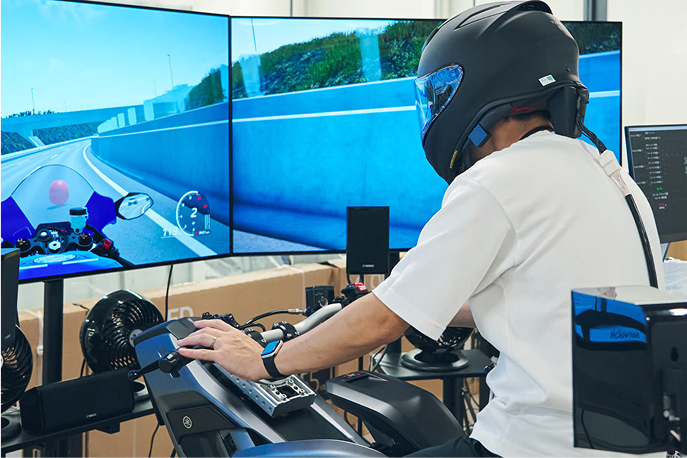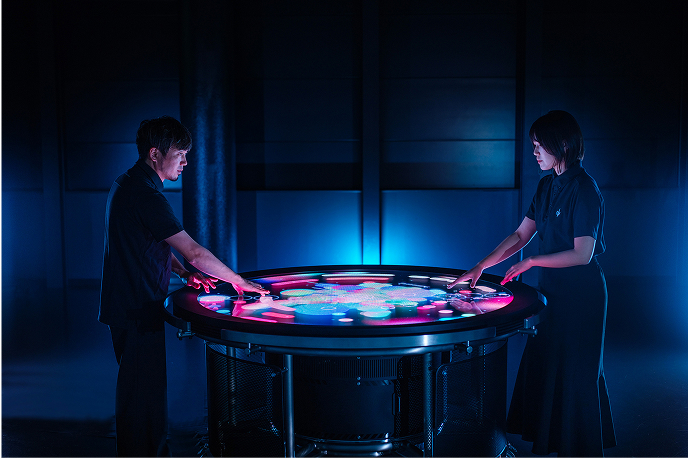Exploring Your humanity
Introduce our initiative called “Human Research”.
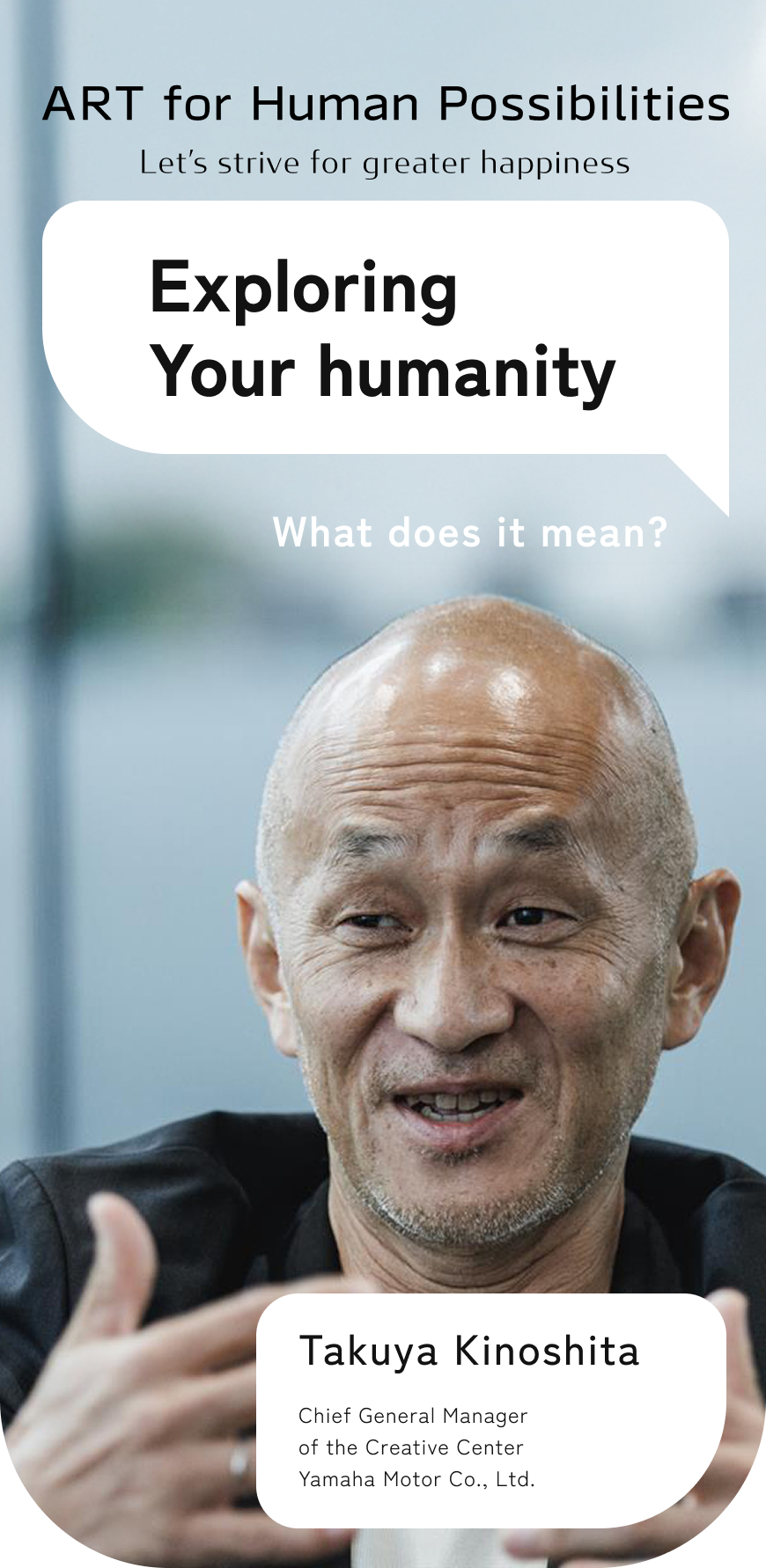
SCROLL
Why do we engage in
human research?
human research?

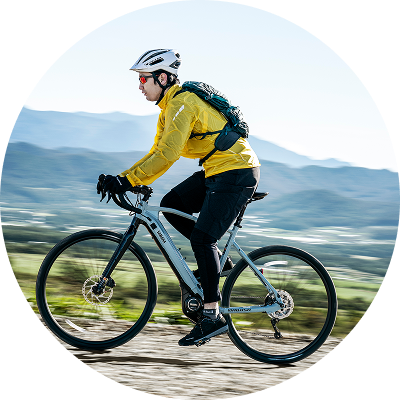
For Yamaha Motor, a “Kando creating company,” these questions are vital: When do people feel Kando?
How can Kando be created? In an age of AI, what does it mean to be human?
To answer these, we continue our human research.
To answer these, we continue our human research.
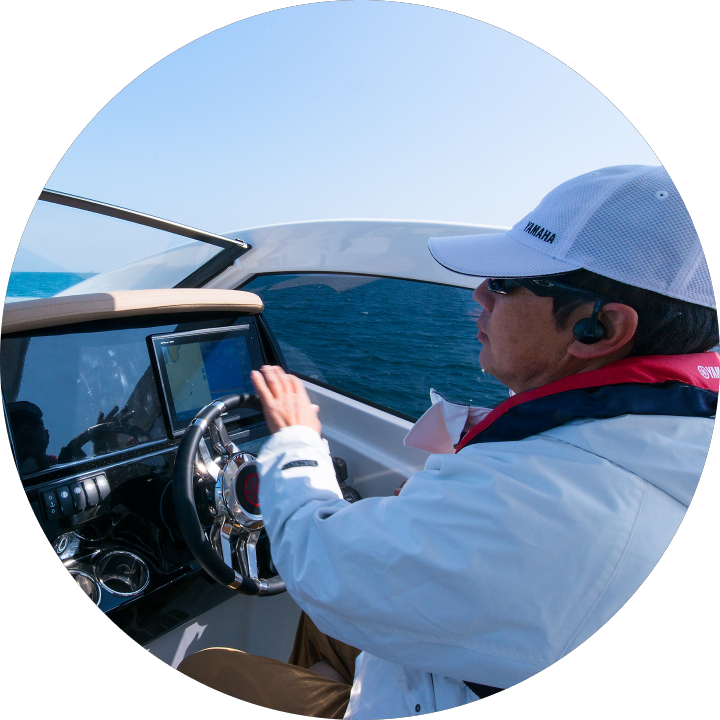
How do we approach
our “human research”?
our “human research”?
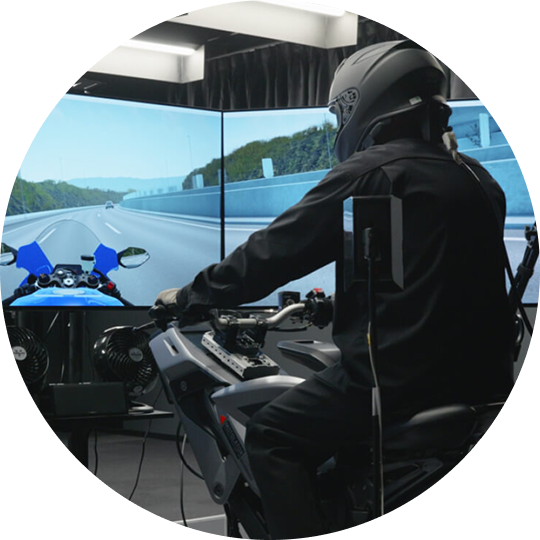
Scientific and philosophical studies discuss that the human mind and emotions cannot be separated from one’s body. Our mind and emotions also cannot be isolated from other people, because human beings live within society. That is why studying humans requires us to look at both physicality and social factors.
With these as our two core themes, Yamaha Motor collaborates with university researchers in psychology, sociology, and more — pursuing projects such as flow research, human-machine-interface research, and social community research.
With these as our two core themes, Yamaha Motor collaborates with university researchers in psychology, sociology, and more — pursuing projects such as flow research, human-machine-interface research, and social community research.
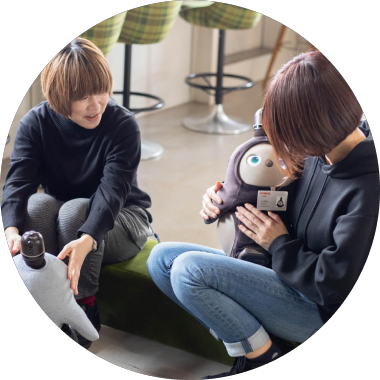
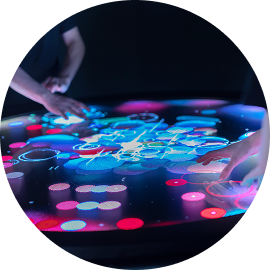
What is flow?

It is a gratifying state of deep absorption, with the feeling that one can achieve something they never could before. In the flow state, people are said to unlock performance beyond their usual limits.
Through this research, for example, we believe we can begin to intentionally design environments and circumstances where people can perform at their very best.
Through this research, for example, we believe we can begin to intentionally design environments and circumstances where people can perform at their very best.
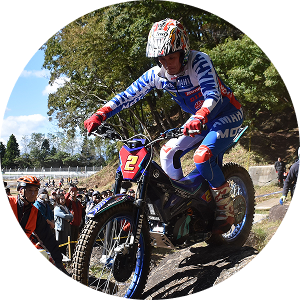
Why focus on physicality and society?
Yamaha Motor has always created products that involve the human body.
And in the age of AI, true human value lies in when your heart gets moved, and your body responds — and when your body moves, your heart resonates.
That is why we analyze the relationship between body and mind — to discover how more people can pass through “flow” and reach Kando.
At the same time, humans live in society.
Our state of mind and body changes depending on the people we engage with.
By understanding how human relationships impact the brain and body, and by designing actual social experiences, we aim to bring about an even deeper sense of Kando.
And in the age of AI, true human value lies in when your heart gets moved, and your body responds — and when your body moves, your heart resonates.
That is why we analyze the relationship between body and mind — to discover how more people can pass through “flow” and reach Kando.
At the same time, humans live in society.
Our state of mind and body changes depending on the people we engage with.
By understanding how human relationships impact the brain and body, and by designing actual social experiences, we aim to bring about an even deeper sense of Kando.
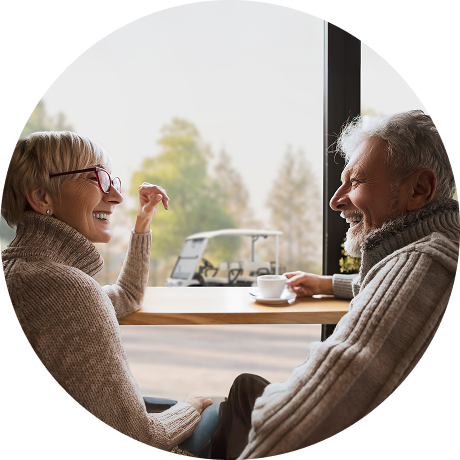
What is the outlook for the human research?
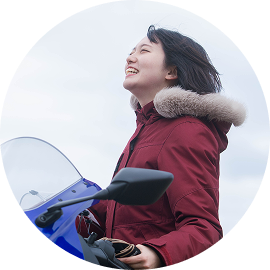
There are three main perspectives. The first is to enhance safety, reassurance, and skill through physical and cognitive support for people. The second is to study, as science, how people immerse themselves in enjoyment, with the aim of extending those moments and increasing opportunities for them. The third is to explore, through research into human sociality and communities, how we can create a society where people can truly enjoy life.
Through these studies, we hope to further deepen our understanding of what it means for people to be happy — what it means for people to experience Kando.
Through these studies, we hope to further deepen our understanding of what it means for people to be happy — what it means for people to experience Kando.
